Genesis Hospital Blood Draw Hours
What is Cytomegalovirus?
The cytomegalovirus is a member of the Herpes virus family. The cytomegalovirus was previously known as the Human Herpes Virus 5(HHV5). The cytomegalovirus can remain dormant in the body for a very long time. It is highly contagious via close contact with an infected individual. It can be transmitted very easily via direct contact of bodily fluids (urine, blood, semen, breast milk and vaginal secretions).
What is Cytomegalovirus IgG?
The cytomegalovirus IgG is the immunoglobulin protein produced by our immune system when the body is infected by the cytomegalovirus. The cytomegalovirus IgG protein acts as an antibody that destroys the cytomegalovirus in our body. This immunoglobulin protein builds immunity against the cytomegalovirus infection.
The cytomegalovirus IgG antibodies stay in the blood for a very long time even after the recovery of the infection. Therefore for diagnosing with any infection related to the cytomegalovirus, the cytomegalovirus IgG is done.
What is the Cytomegalovirus IgG test?
The cytomegalovirus IgG test is used for determining if a person has a current active infection or have had any records of the cytomegalovirus infection. Since the cytomegalovirus IgG stays in the blood even after the recovery of the infection, it is useful in the determination of any cytomegalovirus infection.
The cytomegalovirus IgG test helps in assessing and monitoring the presence or the absence of the cytomegalovirus IgG antibodies in the blood. The test can be carried out using a sample of blood, urine, CSF(Cerebrospinal Fluid), amniotic fluid(in the case of pregnant women), duodenal fluid and other body tissues, more commonly kidney, colon, intestines.
Why did my doctor recommend me to take a Cytomegalovirus IgG test?
– If you are pregnant and have symptoms related to the cytomegalovirus infection, your doctor might ask you to undergo the cytomegalovirus IgG test.
– In the case of a weak immune system or if you are an immune-compromised person experiencing any flu-like symptoms, the cytomegalovirus IgG test is recommended by the doctor.
– If you are suffering from unexplained jaundice or anemia, your doctor might recommend you with the cytomegalovirus IgG test.
– Your doctor might also suggest the cytomegalovirus IgG test if you are seeking for an organ transplant or if you are planning for an organ donation.
When should I take the cytomegalovirus IgG test?
The cytomegalovirus IgG test is highly recommended if you are experiencing the symptoms related to the cytomegalovirus infection. Some of the most common symptoms are:
– Fatigue
– Fever
– Sore throat
– Muscle aches
In the case off the weakened immune system, you might experience more-serious signs and symptoms affecting your:
– Eyes
– Lungs
– Liver
– Oesophagus
– Stomach
– Intestines
– Brain
What are the preparations needed for the Cytomegalovirus IgG test?
– No fasting is required before the test fro blood, urine, amniotic fluid and CSF(Cerebrospinal Fluid).
– For the Duodenal Fluid collection procedure, fasting for 10 to 12 hours is required. before the test.
– Old medications can be continued. It is not needed to be stopped.
– There is no inclusion of any new medications.
What is the procedure of the blood test for the Cytomegalovirus IgG test?
For the cytomegalovirus IgG test, a sample of blood is collected. The blood sample collection is done by the procedure of venipuncture. Venipuncture is done in the following ways:
– A tourniquet is wrapped around the upper arm to make the veins more prominent.
– A syringe or needle is used to draw blood by puncturing the vein.
– The blood is drawn into the tube of the syringe.
– The tourniquet is unwrapped.
– An antiseptic is applied to the spot of venipuncture to avoid any infection.
– The spot of injection of the syringe is dabbed by a cotton swab or a bandage is put to stop any further bleeding.
– The blood sample is then sent to the laboratory for the Cytomegalovirus IgG Test.
– In the case of infants, the blood sample is collected from the heels of the infant with a simple pinprick.
What is the procedure of the CSF(Cerebrospinal Fluid) test for Cytomegalovirus(CMV)IgG?
– You will be instructed to lie down on your side with the knees pulled closer to your chest and the chin bent downwards.
– The CSF can also be collected while you are sitting bent forward.
– The practitioner then applies a numbing cream or inject a numbing medicine(anesthesia) in the lower back of the spinal cord.
– Once the area on your back is completely numb, a needle or a syringe is injected in between two vertebrae of the spinal cord.
– The CSF is collected inside the tube of the syringe. It can take about five minutes.
– You need to stay still as the cerebrospinal fluid is being withdrawn.
– As the CSF is collected, the area of the puncture is cleaned and bandaged.
You might be asked to lie down on your back for an hour or two after the CSF(Cerebrospinal Fluid) sample collection. This will help you avoid getting any headaches afterward.
What is the procedure of the urine test for the Cytomegalovirus IgG Test?
In the case of a urine test for the Cytomegalovirus IgG test, the doctor suggests collecting the urine samples over a time period of 24 hours. The laboratory professional will give you the containers in which you have to store your urine samples. You will be provided with the guidelines associated with the storage of the urine samples in the containers. In a 24-hour urine sample test, generally, the following steps are followed:
– Empty your bladder in the morning by excretion and flush that urine away. Note the time.
– For the next 24 hours, collect all your urine passed in the container provided.
– Store your urine containers in the refrigerator or a cooler with ice.
– Return the sample container to your health provider's office or the laboratory as instructed.
What is the procedure of the amniotic fluid sample collection for the Cytomegalovirus IgG test?
The procedure of collection of the amniotic fluid and testing it is called amniocentesis. The procedure for collecting the amniotic fluid sample is as follows:
– Position the patient properly.
– Sterilize the exposed area of the abdomen.
– Use an anesthetic to avoid any kind of pain.
– Then inject the ultrasound-guided hollow needle through the anterior abdominal wall into the amniotic cavity.
– Draw a sample of 15 to 20ml of amniotic fluid.
– Send the sample to the laboratory for the Cytomegalovirus IgG test.
What is the procedure of the duodenal fluid sample collection for the Cytomegalovirus IgG test?
The collection of the sample of the duodenal fluid is called Esophagogastroduodenoscopy(ECD). Duodenum is the first part of the small intestine. The esophagogastroduodenoscopy is used to examine the lining of the esophagus, stomach, duodenum. ECD is done in a hospital or medical center. The procedure uses an endoscope that is a flexible tube with a light and a camera at the end. The procedure of the ECD is elaborated in the following steps:
– Before the ECD procedure, your breathing, heart rate, blood pressure, and oxygen level are checked. Wires are attached to certain areas of your body and then to machines that monitor the heart rate, blood pressure and oxygen level.
– A medicine is injected into your vein which will help you to relax. You will feel no pain.
– A local anesthetic will get sprayed in your mouth to prevent you from coughing and gagging.
– A mouthguard is used for protecting your teeth and the scope. Removal of dentures is done before the procedure begins.
– Then you are instructed to lie down on your left side.
– The scope is inserted through the esophagus (food pipe) till the stomach and duodenum.
– Air is put through the scope to make it easier for the doctor to see.
– The test is used for examining the lining of the esophagus, stomach, and upper duodenum.
The test lasts about 5 to 20 minutes.
What is the procedure of the tissue biopsy for the Cytomegalovirus IgG test?
The tissue specimen is usually obtained by cutting or by suction through a needle. Biopsies can be taken through the endoscope as well. In the case of Biopsies, the tissue samples are looked at under the microscope.
Is there any pain associated with the Cytomegalovirus IgG test procedures?
There's no pain associated with the collection of the blood sample. A person might feel a pin pricking sensation for a very brief moment after the test. The pain wears off within a few hours. The procedure of the urine collection, as well as the CSF(Cerebrospinal Fluid) collection, doesn't involve any pain at all. After the test is finished, you will not be able to have food and liquid until your gag reflex returns (so you do not choke).
How am I going to feel during the duodenal fluid collection (Esophagogastroduodenoscopy)?
– The anesthetic spray makes it very difficult to swallow. This wears off shortly after the procedure. The scope may make you gag.
– You may feel gas accumulation.
– Because of sedation, you may not feel any discomfort.
– You may feel bloated from the air that was put into your body. This feeling soon wears off.
How am I going to feel during the tissue biopsy?
The tissue biopsy process is conducted after the introduction of local or general anaesthesia. Thus it involves no pain during the procedure is conducted.
What are the risks of the Cytomegalovirus(CMV) IgG blood Test?
There are no risks related to this test. The procedure of blood collection(venipuncture) might have some risks associated with it:
– Some people feel light-headed and dizzy after the blood is drawn.
– It might cause Hematoma (blood accumulating under the skin causing a lump or bruise).
– There might be pain associated with too many punctures for finding a vein.
What are the risks of the Cytomegalovirus IgG CSF(Cerebrospinal Fluid) Test?
There are a few risks associated with the procedure of the collection of the sample of the CSF(Cerebrospinal Fluid). Some common risks are:
– Discomfort or pain during the procedure
– Bleeding into the spinal cord, particularly in people having a low platelet count (thrombocytopenia)
– Headache as a result of CSF leakage
– Infection
– Nerve damage
What are the risks of an amniotic fluid test for the Cytomegalovirus IgG test?
There are some risks associated with the amniocentesis process:
– Miscarriage.
– Preterm delivery.
What are the risks of the duodenum fluid test for the Cytomegalovirus IgG test?
The most common risks related to the duodenum fluid test for the Cytomegalovirus IgG test are:
– There is a small chance of a hole (perforation) in the stomach, duodenum, or esophagus from the scope moving through these areas.
– There is also a small risk of bleeding at the biopsy site.
You can also have some reactions due to the medicine used during the procedure, which could cause:
– Apnea (not breathing)
– Difficulty breathing (respiratory depression)
– Excessive sweating
– Low blood pressure (hypotension)
– Slow heartbeat (bradycardia)
– Spasm of the larynx (laryngospasm)
What are the risks of tissue biopsy for the Cytomegalovirus IgG test?
Since the tissue biopsy procedure involves breaking the skin, it poses the risk of infection or bleeding.
What are the prices of the Cytomegalovirus IgG test procedures in India?
– The price range of the blood and the urine test starts from 580INR.
– The price for the CSF test ranges from 600INR – 3000INR.
– In the case of the Duodenum Fluid collection(Esophagogastroduodenoscopy), the price ranges from 7000INR-20,000INR.
– The price for the procedure of amniocentesis might start from 8000INR and can go up to 15,000INR.
– The tissue biopsy procedure costs range from 700INR-8000INR.
All the prices can vary across the country depending on the location of the diagnostic center i.e. the city or the state the diagnostic center is located.
When will I get my results for the Cytomegalovirus IgG test?
You will get your blood, urine, CSF test results within 24 hours to 36 hours of the test.
The amniotic fluid test reports for the Cytomegalovirus IgG test takes a day or two. In certain cases, it might take a week to get the reports depending on the diagnostic center and the laboratory method being used.
Generally, in the case of tissue biopsy, the result might take 2days – 3 days to come.
How to interpret the blood test report for the Cytomegalovirus IgG test?
Since the cytomegalovirus IgG test is often coupled with the cytomegalovirus IgM test, the blood test report is interpreted based on the presence and the absence of both the antibodies. The blood test report is elaborated in the chart given below:
| CMV-IgM | CMV-IgG | Interpretation |
| Negative | Negative | – No current or prior infection found.- No immunity against the CMV infection.- The immune system cannot produce an adequate amount of antibodies. |
| Positive | Negative | – Recent active primary infection. – Re-exposure to CMV – Reactivation of latent CMV |
| Negative | Positive | – Active primary infection- Reactivated latent infection |
| Negative | Positive | – Past exposure – Immunity to current active infection – Latent infection |
How to interpret the CSF(Cerebrospinal Fluid) test reports for the Cytomegalovirus IgG test?
| Interpretation | CSF |
| Abnormal | CMV antigens or DNA are found. |
| Normal | No CMV antigens or DNA are found |
In the case of an abnormal result, the doctor should be immediately consulted. He'll recommend you the further guidelines about what has to be done.In the case of normal result also, there is a risk of cytomegalovirus infection. The tests sometimes have false positive or false negatives. Hence it is suggested to consult a doctor with the reports who can suggest you with further tests if needed.
How to interpret the amniocentesis reports for the cytomegalovirus IgG test?
The cytomegalovirus IgG test is always coupled with the cytomegalovirus IgM. The tests are used to evaluate the presence or the absence of the antibodies. The report is elaborated below:
| CMV-IgM | CMV-IgG | Interpretation |
| Negative | Negative | – No current or prior infection found. – No immunity against the CMV infection. – The immune system cannot produce an adequate amount of antibodies. |
| Positive | Negative | – Recent active primary infection. – Re-exposure to CMV – Reactivation of latent CMV |
| Positive | Positive | – Active primary infection – Reactivated latent infection |
| Negative | Positive | – Past exposure – Immunity to current active infection – Latent infection |
How to interpret the tissue biopsy reports for the cytomegalovirus IgG test?
Tissue Biopsy is done to assess the normalcy of the tissues. If the condition of the tissues is abnormal, immediate consultation with the doctor is recommended.
How is the result of Esophagogastroduodenoscopy(ECD) or Endoscopy interpreted?
Endoscopy is used to evaluate the condition of the tissues especially of the stomach and the intestine area. If there is no presence of any abnormality like bruises, bleeding, etc, it is considered as normal. In the case of abnormalcy, a doctor should be consulted who can guide you with further initiatives to be taken.
Is the Cytomegalovirus IgG test recommended for pregnant women?
The pregnant women who are experiencing the signs and the symptoms of the CMV infection are highly recommended to undergo the CMV IgG test. The CMV infection is easily transmittable from the mother to the fetus through the placenta. It has adverse effects on the baby. Hence it is suggested very significantly to pregnant women. This test is conducted via the collection of the amniotic fluid sample. Hence, it involves no pain at all.
Is the Cytomegalovirus IgG test safe for my unborn?
The Cytomegalovirus test poses no threat to the fetus at all.
Is it safe for my newborn to undergo the cytomegalovirus IgG test?
If you have had a CMV infection during your pregnancy, it is very significant for your unborn to undergo the Cytomegalovirus IgG test. There is always a chance of contracting the CMV infection in case the mother had the same during pregnancy. In the case of a newborn, the test is conducted by collecting a sample of saliva. Hence it is totally safe for your newborn to undergo the cytomegalovirus IgG test.
- References
- https://labtestsonline.org/tests/cytomegalovirus-cmv-tests
- https://medlineplus.gov/ency/article/003888.htm
- https://www.medicinenet.com/cytomegalovirus_cmv/article.htm
- https://www.mayoclinic.org/diseases-conditions/cmv/symptoms-causes/syc-20355358
- https://www.healthline.com/health/cmv-serology-test#uses
- https://www.labtestsonline.org.au/learning/test-index/cmv
- https://www.ncbi.nlm.nih.gov/pmc/articles/PMC3279147/
Want to live a healthy lifestyle?
Subscribe to free FactDr newsletters.
REVAMP YOUR
LIFE
HEALTH
WELLNESS
If you're enjoying our website, we promise you'll absolutely love our new posts. Be the first one to get a copy!
Get factually correct, actionable tips delivered straight to your inbox once a week.
We hate spam too. We will never share your email address with anyone. If you change your mind later, you can unsubscribe with just one click

By clicking Subscribe, I agree to the FactDr Terms & Conditions & Privacy Policy and understand that I may opt out of FactDr subscriptions at any time.
Trending Topics
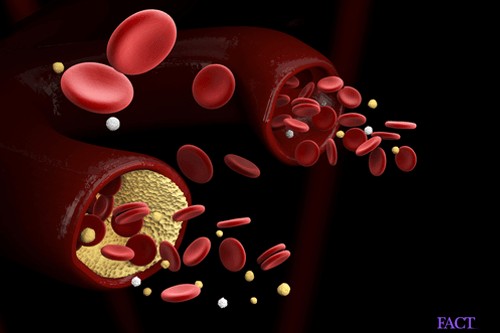
Ferritin Test Ferritin test is a blood test that provides vital information on the level of RBCs…

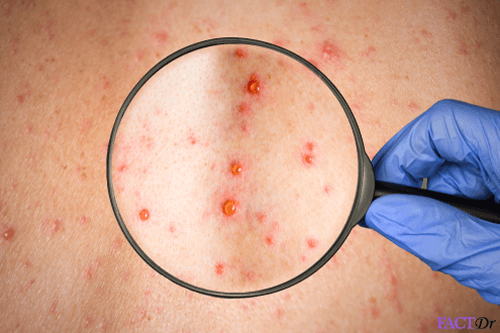
Rubella IgG Test The rubella IgG test is a blood test that checks for the rubella virus IgG…
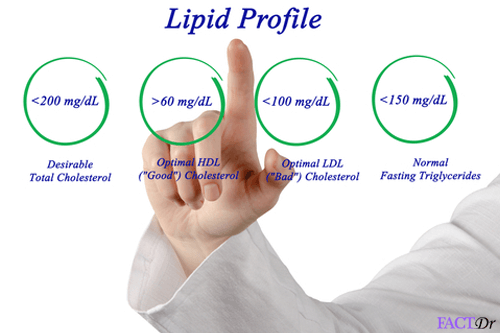
Lipid Profile Lipid profile is a blood test that provides complete information on how much cholesterol is…
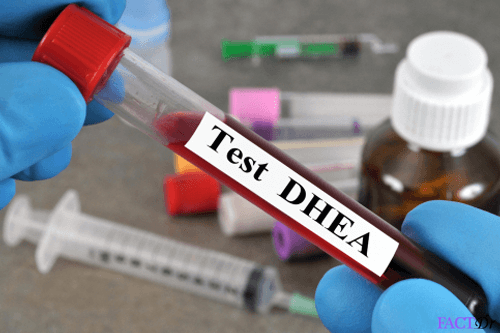

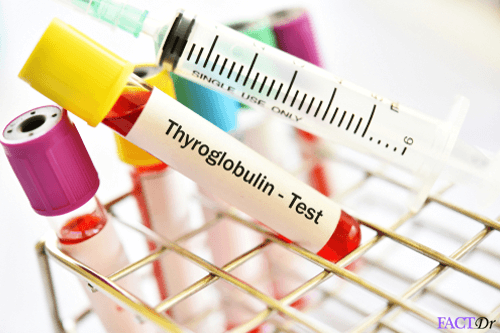

Pulmonary Function Tests Pulmonary function tests (PFT's) are non-invasive breathing tests employed for diagnosing and monitoring lung diseases…


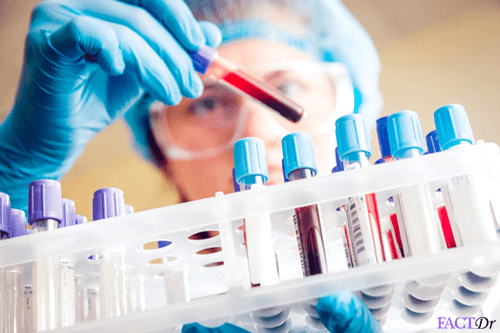
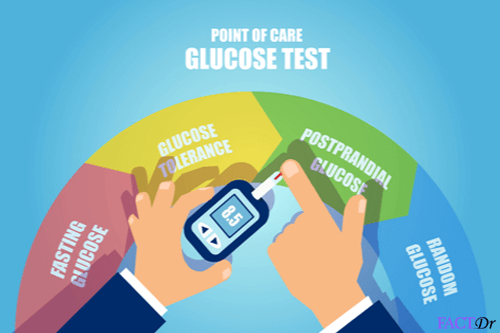
Post-Prandial Blood Sugar Postprandial blood sugar test is an important diabetes diagnosing tool. This simple blood test measure…

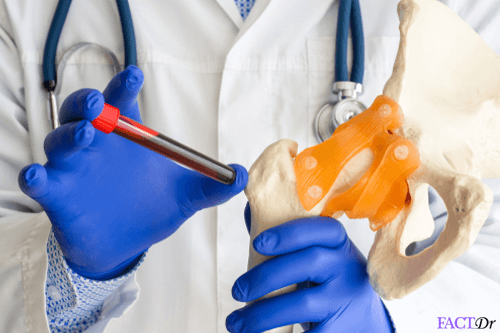
Rheumatoid Factor (RF) Rheumatoid factor or RF is a blood test used to diagnose painful joint conditions such…

Amylase Test Amylase test is done by checking the level of this protein in the blood sample…
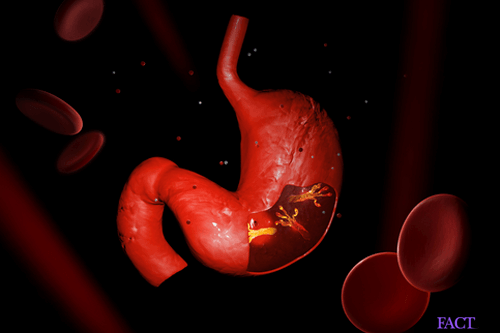
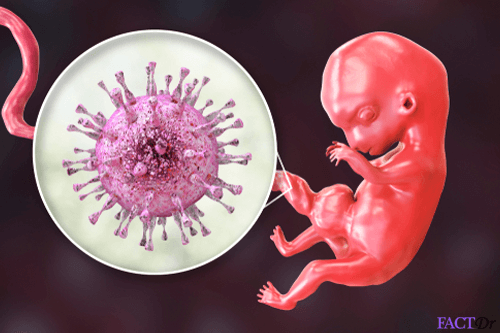
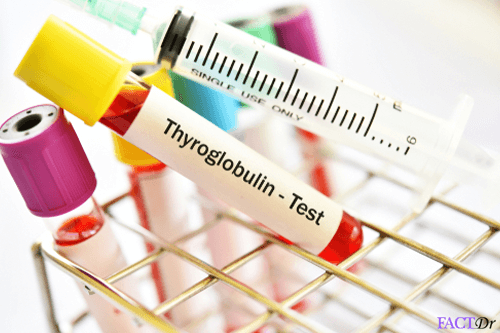
Thyroglobulin (TG) Test Thyroglobulin test helps in measuring and monitoring the concentration of thyroglobulin. This test can be…

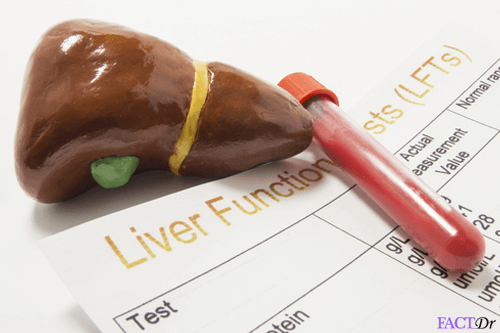
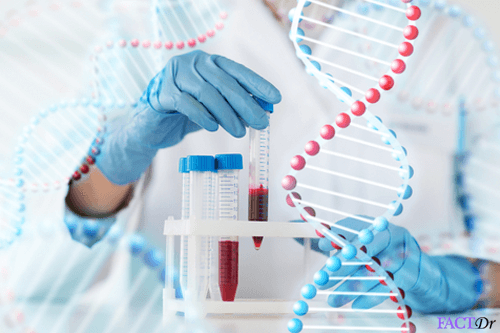
HLA-B27 test The HLA-B27 is a blood test that is used to determine the level of a…
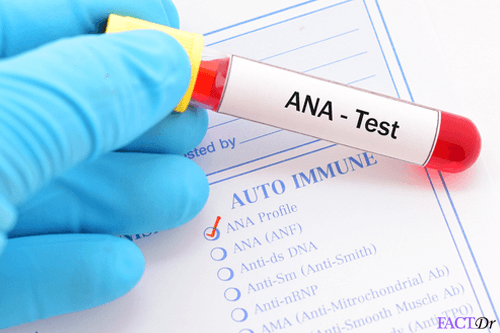

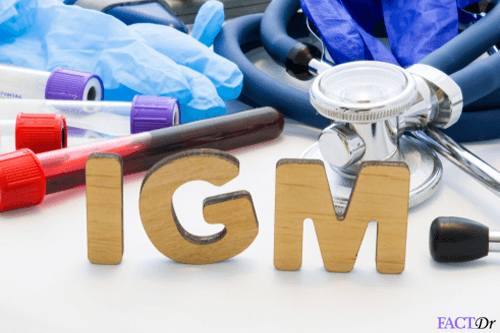
Immunoglobulin M Test Immunoglobulin M is the largest and the first produced antibody which helps in the prevention…
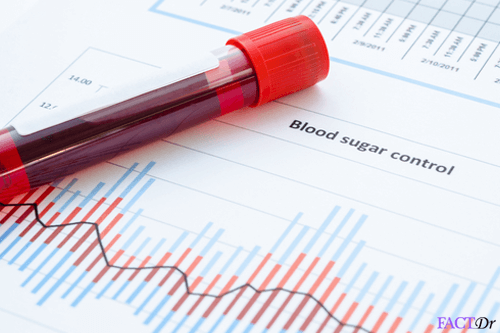

Folate test The Folate test measures and monitors the levels of folic acid in the blood. This…

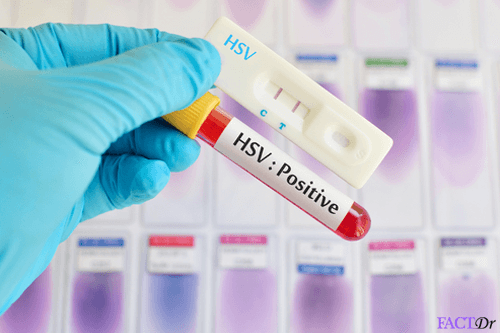



Serum Zinc Test The serum zinc test is a blood test performed to assess the zinc level in…


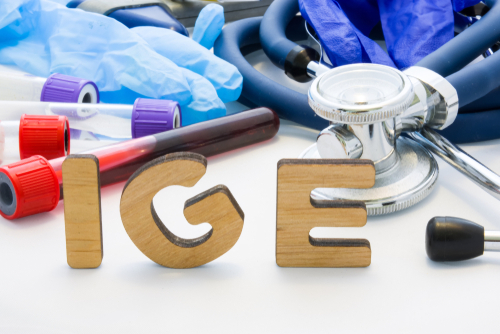
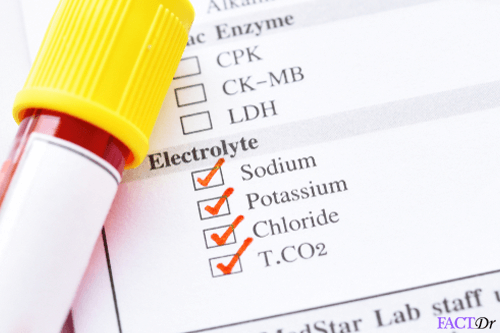
Serum Electrolyte If there is an electrolyte imbalance in the body, a serum electrolyte test will help…
![]()

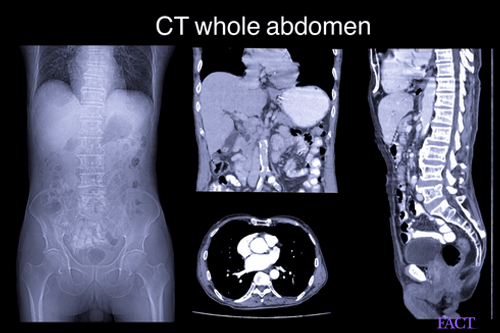
Abdominal CT scan Abdominal CT scan is a diagnostic imaging technique that provides a clear picture of the…

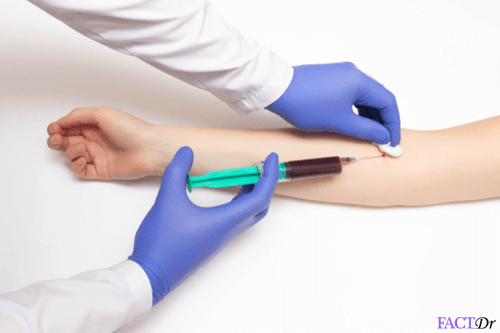
Erythropoietin (EPO) Test Erythropoietin stimulates the production of RBCs in bone marrow. An erythropoietin test is done to…


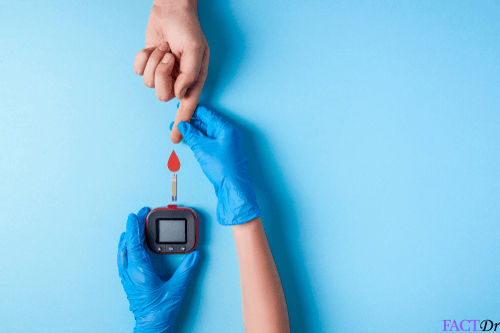
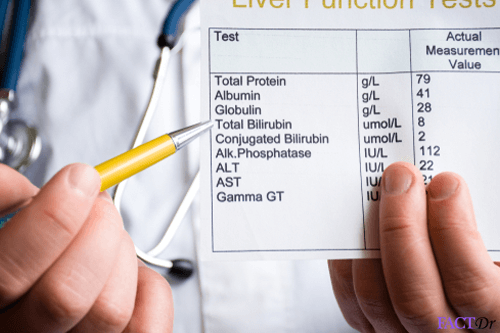
Bilirubin Test Bilirubin is a substance produced in the body as a result of red blood cell…
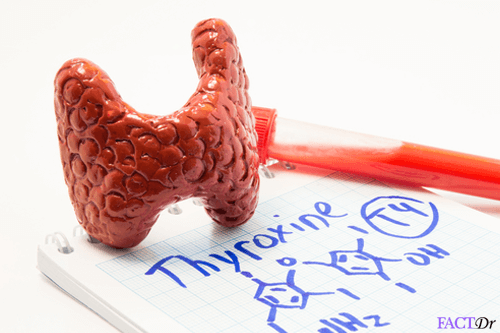
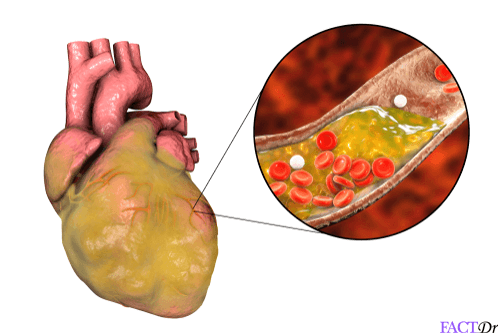
Lipoprotein (A) Test Lipoprotein (A) test is used to measure and monitor the levels of LDL(Low-Density Lipoprotein) in…




Tonometry Tonometry uses a device called tonometer to measure the pressure inside the eye. This pressure…

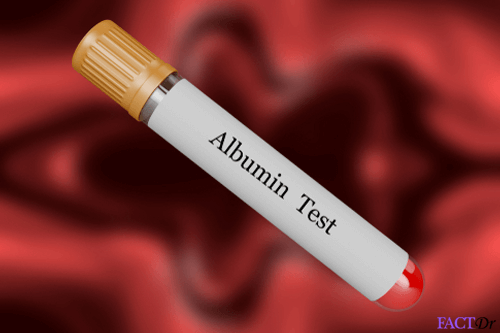
Albumin Test Albumin test or blood serum test is a liver function test that measures the amount…


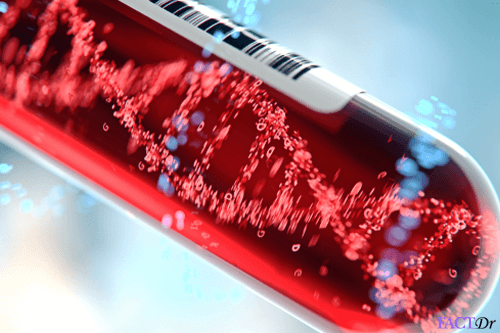

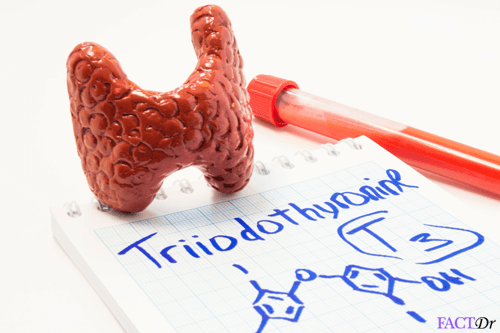


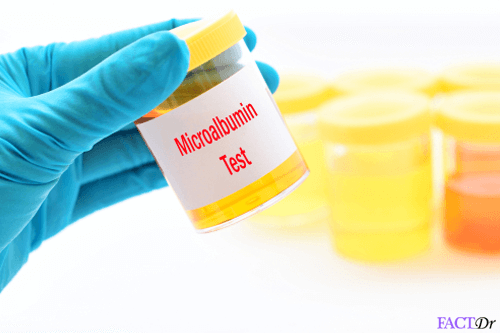


LP-PLA2 Test The LP-PLA2 test is a test which is carried out to assess the levels of…




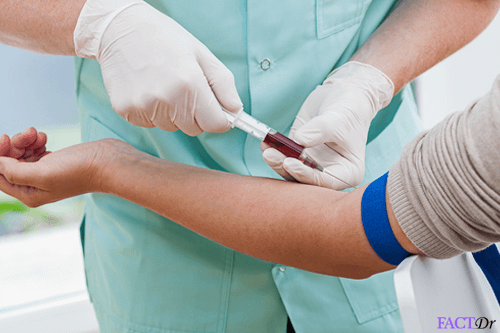

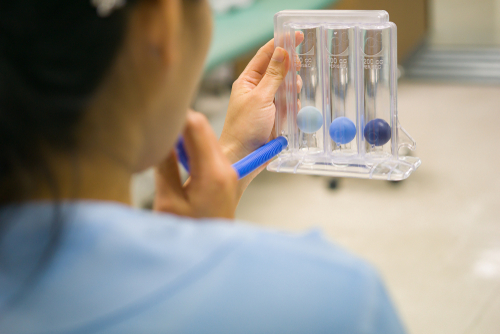
Sputum test Sputum test is a commonly used diagnostic tool that is used to examine the presence…
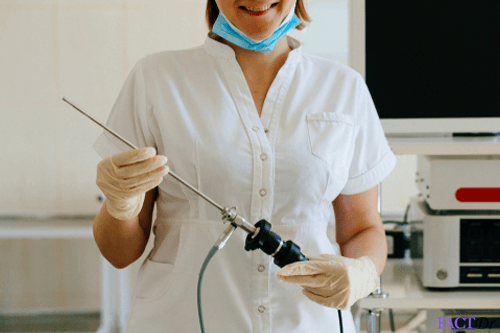
Cystoscopy Cystoscopy is intended to look at the abnormalities in the ureters, bladder, and urethra, to…
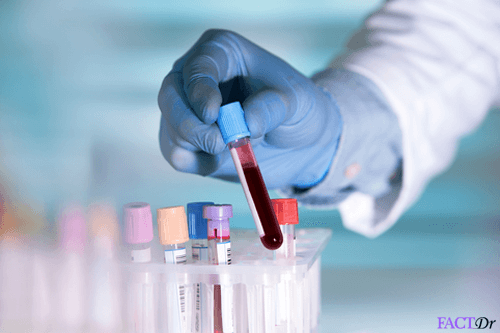


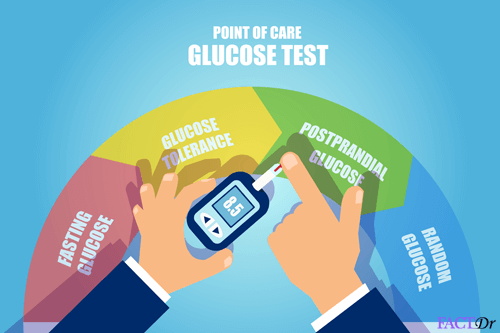

Dengue NS1 test Dengue NS1 is a blood test used to determine the onset of dengue fever. Dengue…

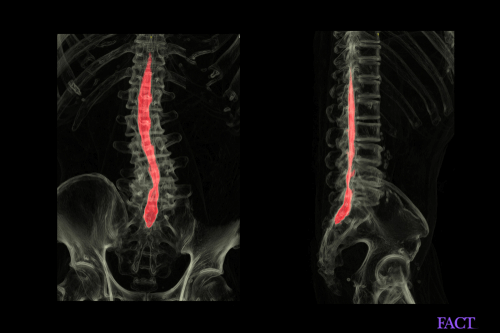
Myelography Myelography is an important diagnostic tool that is used to investigate and identify abnormalities in…



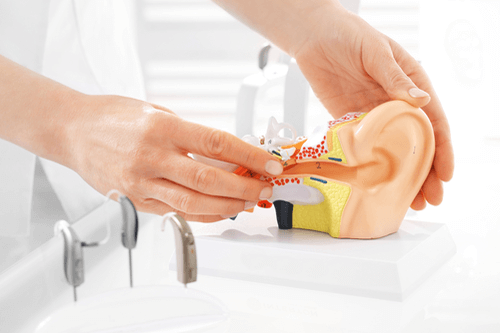

Barium Enema Barium enema is also known as colon x-ray. Here, the patient is asked to consume…
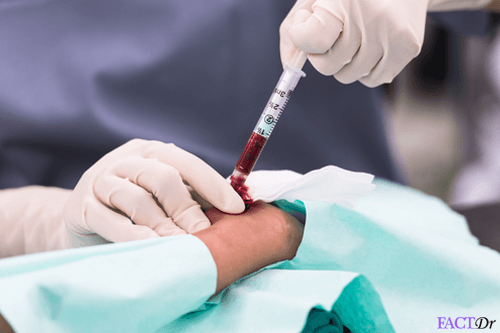


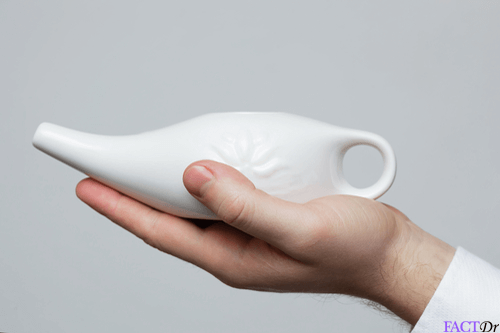

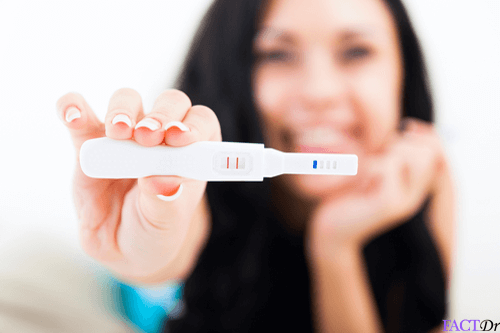
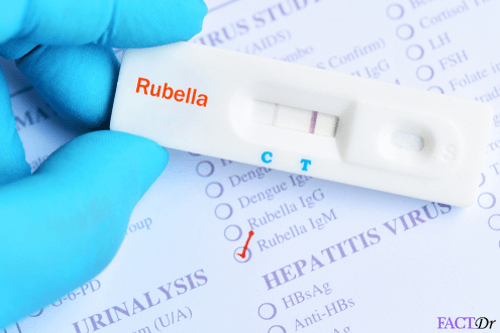
Rubella IgM Test The Rubella IgM test is a blood test that is performed to diagnose the presence…








Colposcopy Colposcopy is a simple, quick and non- invasive diagnostic tool to look closely inside the…



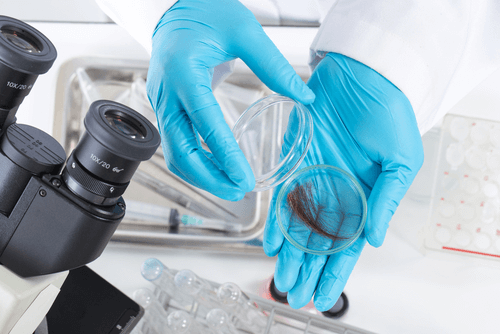

Hysteroscopy Hysteroscopy is a minimally invasive tool to help specialists view the uterus to diagnose and…
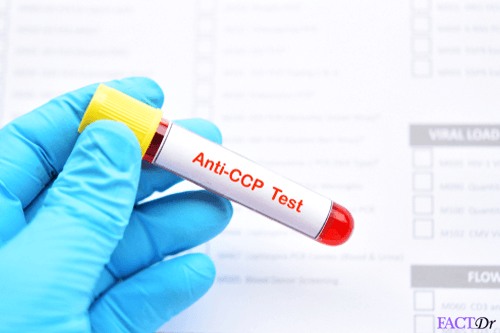

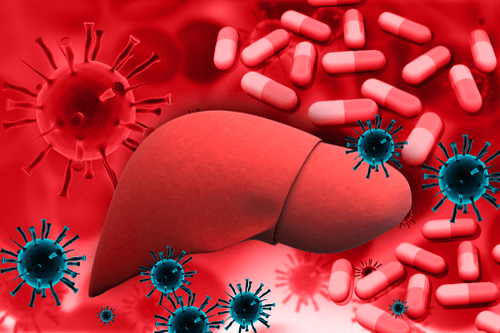
Hepatitis Profile A hepatitis profile or a hepatitis panel is a blood test that checks for markers…
















Chest X-Ray A chest x-ray is a diagnostic test that uses x-rays to visualize the structures inside…
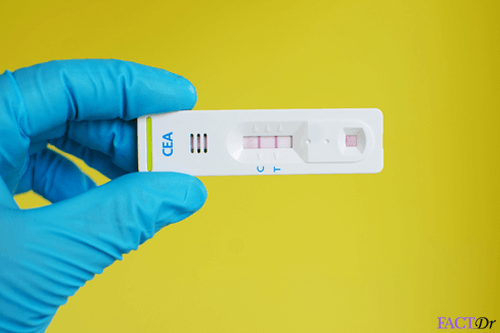

Ureteroscopy Ureteroscopy is the diagnostic procedure which is used for the detection of the kidney stones…








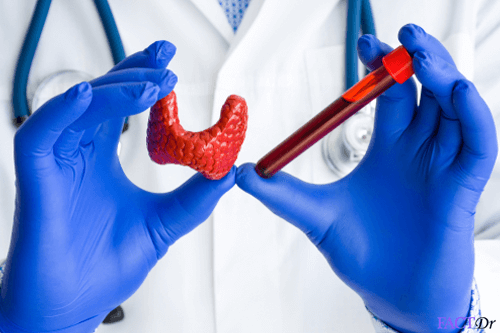






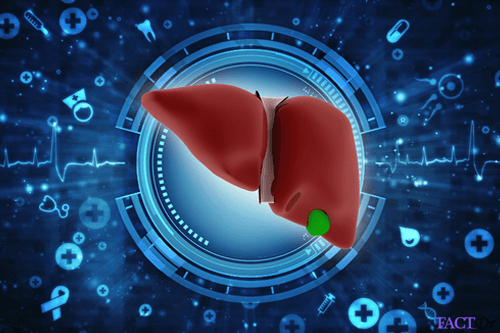

Beta hCG Test A Beta hCG test measures the level of human gonadotropin hormones present in the blood…
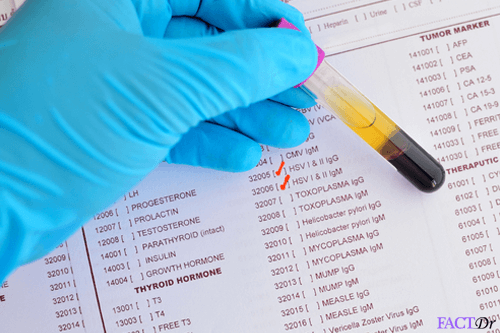

Cardiac Profile Cardiac profile is panel of blood tests performed to check cholesterol level and other heart…



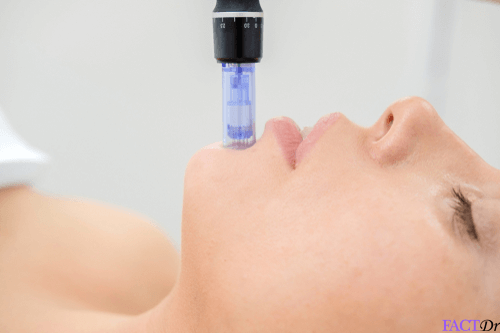


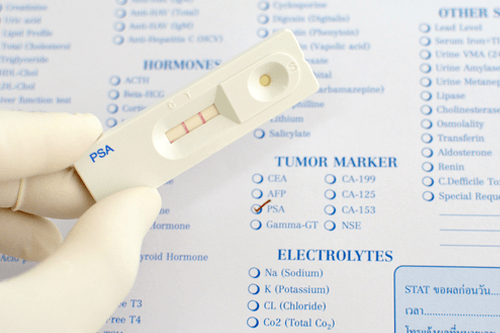


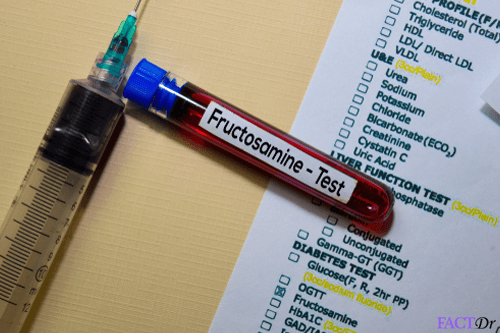
Fructosamine Test A fructosamine test measures blood sugar glucose content. Fructosamine level can indicate blood sugar level…
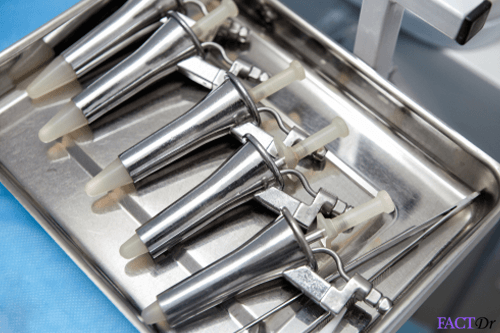
Anoscopy Anoscopy is an invasive diagnostic procedure where a small device known as anoscope will be…

Lithium test A lithium test is a blood test that is used to diagnose conditions of acute…




Genesis Hospital Blood Draw Hours
Source: https://factdr.com/diagnostics/procedures/cytomegalovirus-cmv-igg/
0 Response to "Genesis Hospital Blood Draw Hours"
Postar um comentário